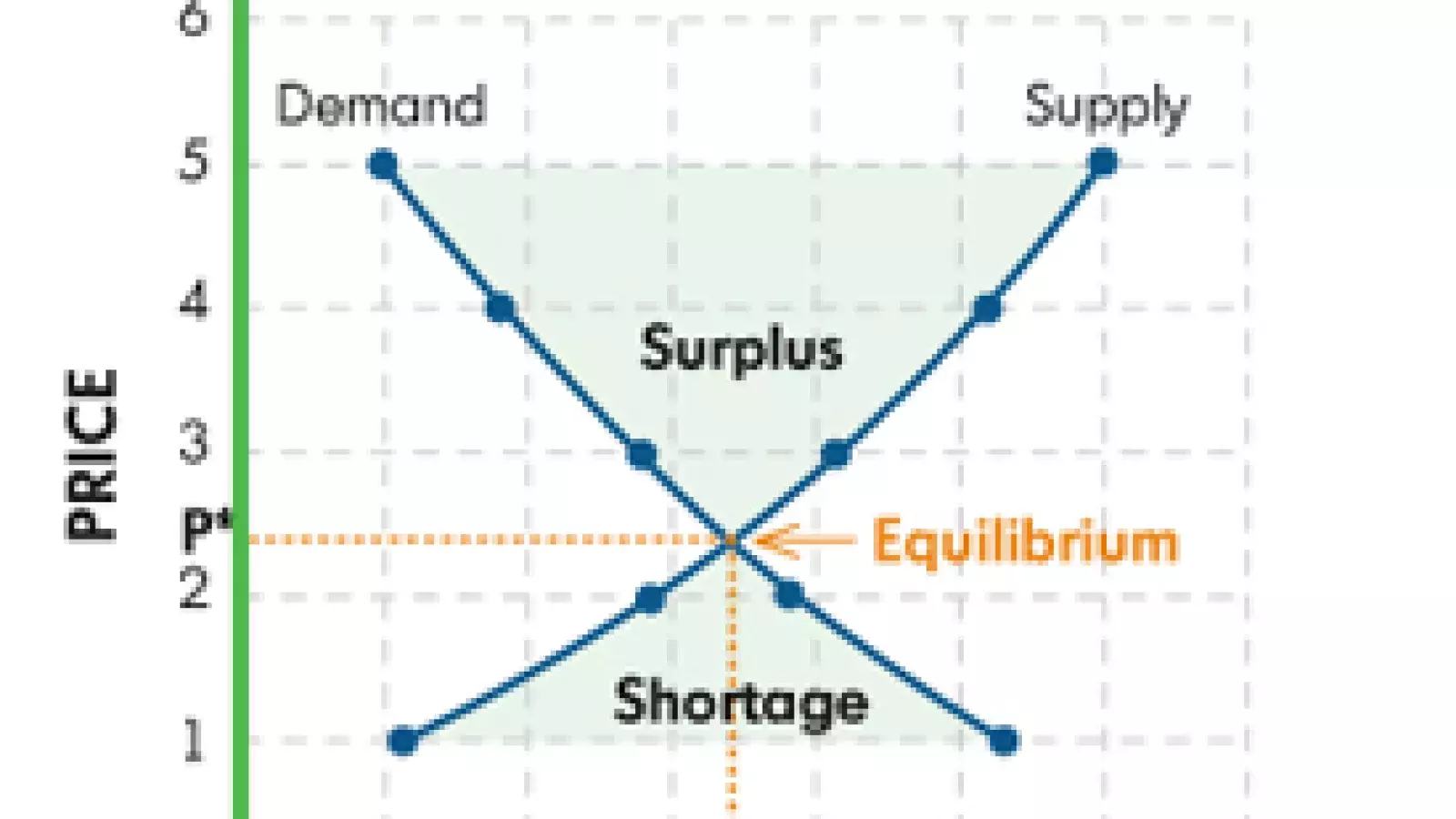I came across this article on VancouverSun.com entitled "There are two million reasons for high prices in Vancouver" and thought it would be worthwhile to draw attention to it. In this city, people are constantly discussing the soaring real estate costs, and rightfully so. While Vancouver is an expensive place to live, there are myriad of factors that contribute to the overall pricing. It’s not just the usual suspects, such as investors and speculators, as one would assume.
Many of the elements that make Vancouver world famous and create an unwavering desire to live here are in fact a couple of the very constraints that lead to a shortage of land. Our geographic location, with its surrounding green space, ocean, mountains, and our American neighbours to the south, results in a limited supply of land that can be purchased and transformed into the housing supply. As a result we are able to provide a limited long term supply of housing (even with multi-family communities) based on these constraints. Even in the years ahead with redevelopment and the densification of existing properties, there will come a time where our geographic composition will constrain future housing initiatives, therefore limiting the supply. Straight from economics 101, long term demand, coupled with a decreasing supply and there is only one way for prices to go – up!
At current time, continued steady demand in the most desirable neighbourhoods allows our prices to remain relatively high compared to other regions of the country. In today’s buyers market, where supply is currently higher than demand, it is important to remember that there is less available land here than other regions of the country which will limit supply long term. While prices may fluctuate short-term, Vancouver consistently has strong demand and remains one of the most desirable locations to live, and therefore will still remain one of the most expensive.
If you are looking for a home or investment property, now is a great time to buy. There is an excellent selection of homes available for both new and resale inventory. As we learned in the summer 2009, this increase in supply can be short-lived and shift quickly back to a balanced or seller’s market, so act quickly to avoid being disappointed.
Meghan Schroeder



